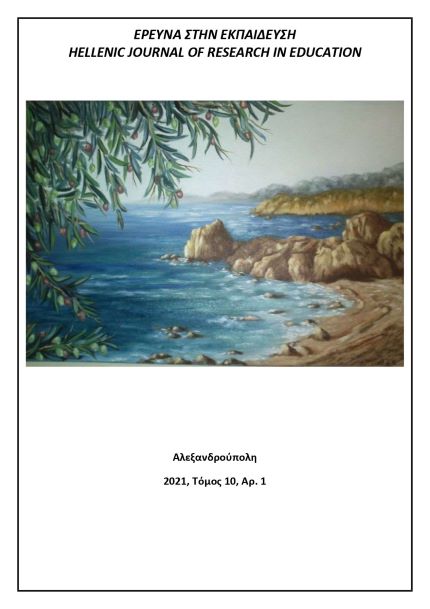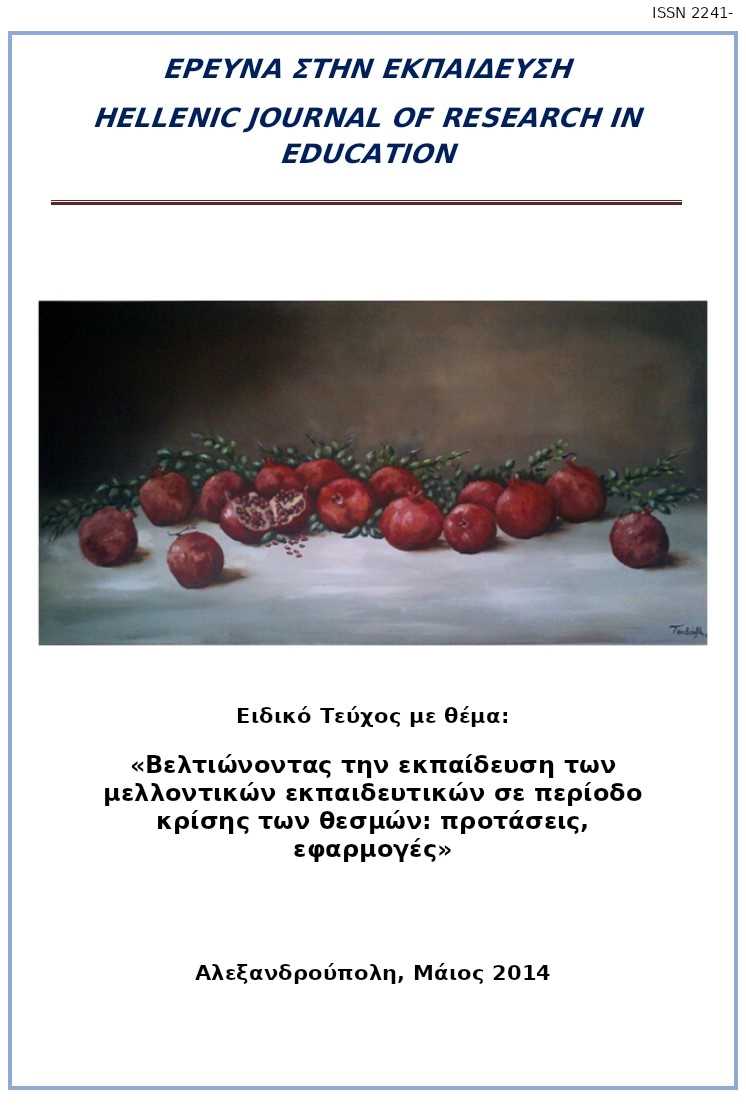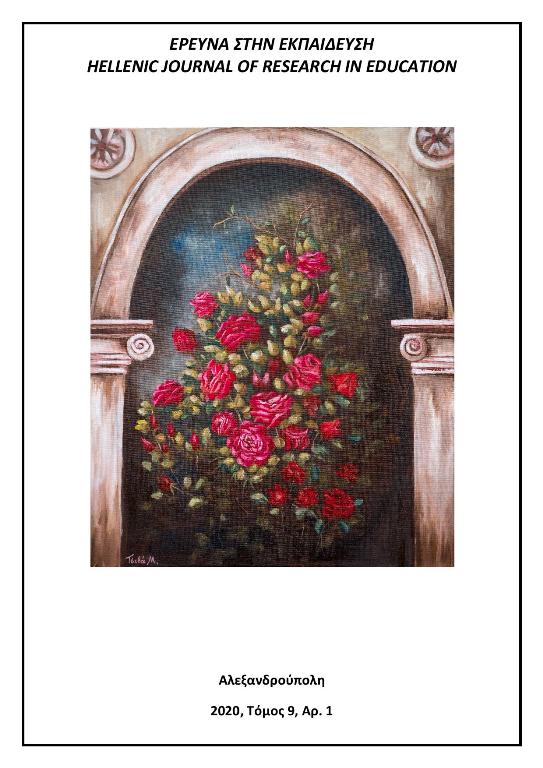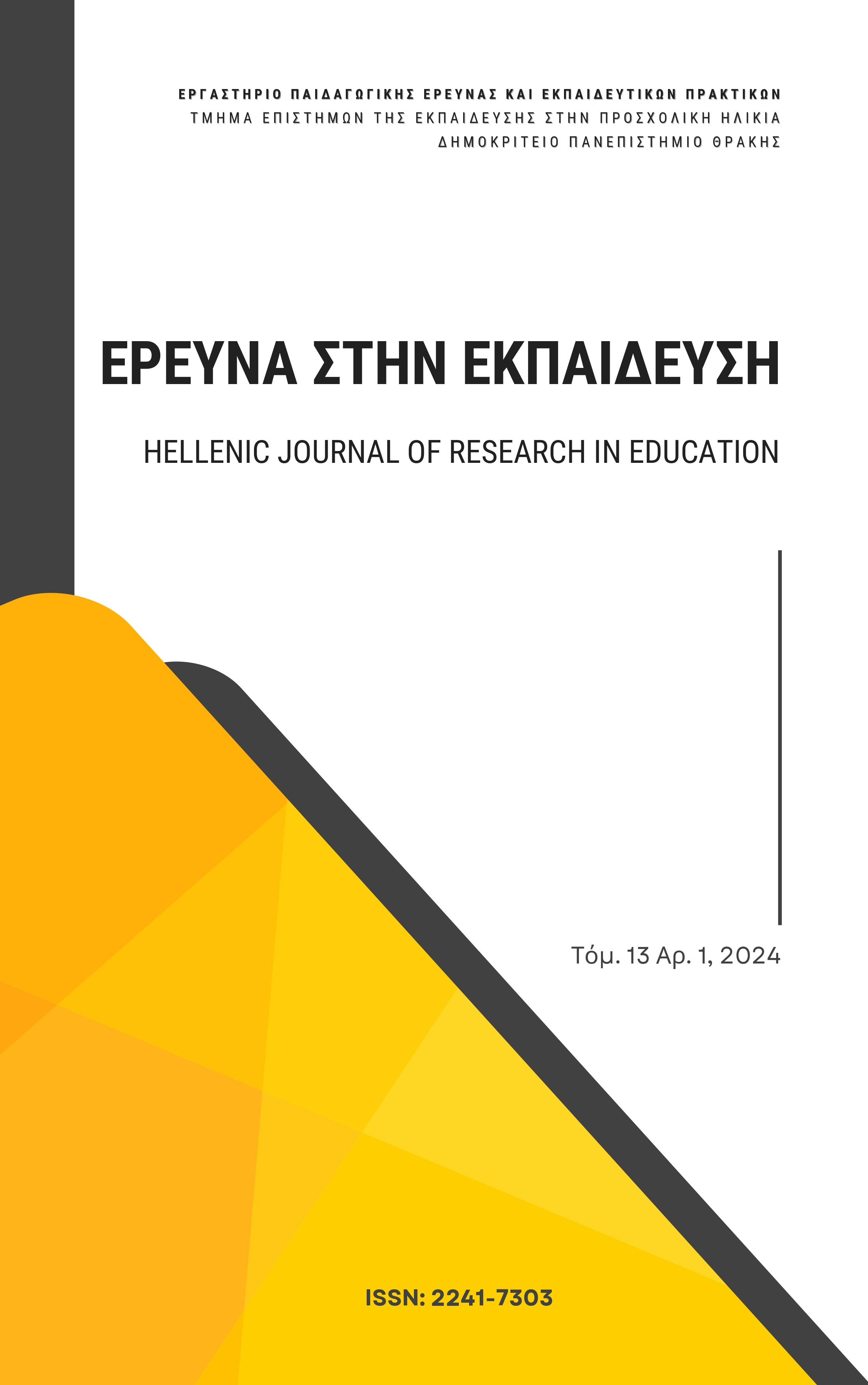“Citizenship Education” instruction into a dialogic and participatory process

Abstract
Citizenship Education, as a teaching subject in the Senior High School curriculum, aims to teach practices that enhance young people’s abilities to participate actively in the democratic life (Birzea, 2000) rather than simply transfer knowledge. The purpose of the present study is to investigate the factors that influence students' participation in the lesson of Citizenship Education and show the results of an educational intervention that utilized pupils’ proposals to transform educational practice and their participation in co-shaping its course. The research question of this action research was how to engage pupils actively in the formation of the content and educational process of the school subject Citizenship Education and thus practice their role as democratic citizens in action. A seven month collaborative action-research was selected to accomplish the study’s goals. Research techniques were comprised of a student questionnaire, administered at the beginning and at the end of the action research, an observation protocol completed by a critical friend, the teacher's reflective diary and the reflective dialogues with the facilitator. The results show that both students' and teacher's experience was transformed during the lesson of Citizenship Education through the co-formation of educational practice by all participants.
Article Details
- How to Cite
-
Σιδηροπούλου Σ., & Αυγητίδου Σ. (2021). “Citizenship Education” instruction into a dialogic and participatory process. Hellenic Journal of Research in Education, 10(1), 161–180. https://doi.org/10.12681/hjre.26715
- Issue
- Vol. 10 No. 1 (2021)
- Section
- Articles

This work is licensed under a Creative Commons Attribution-NonCommercial-ShareAlike 4.0 International License.
Authors who publish with this journal agree to the following terms:
- Authors retain copyright and grant the journal right of first publication with the work simultaneously licensed under a CC-BY-NC-SA that allows others to share the work with an acknowledgement of the work's authorship and initial publication in this journal.
- Authors are able to enter into separate, additional contractual arrangements for the non-exclusive distribution of the journal's published version of the work (e.g. post it to an institutional repository or publish it in a book), with an acknowledgement of its initial publication in this journal.
- Authors are permitted and encouraged to post their work online (preferably in institutional repositories or on their website) prior to and during the submission process, as it can lead to productive exchanges, as well as earlier and greater citation of published work (See The Effect of Open Access).







